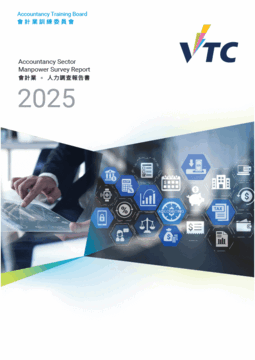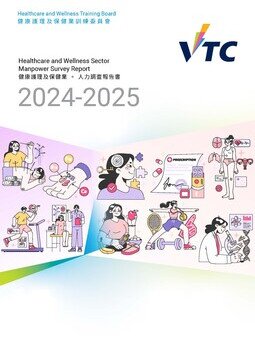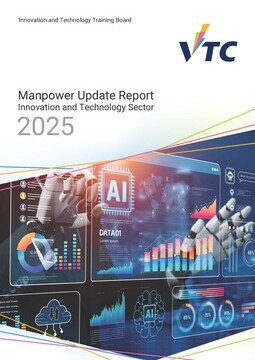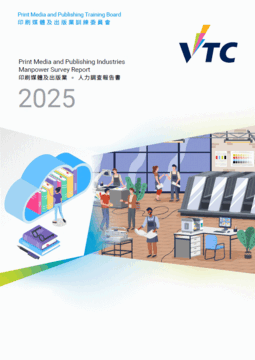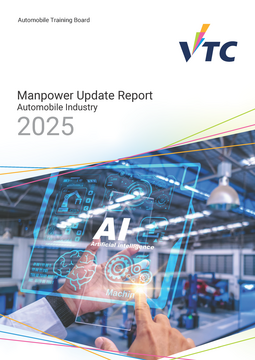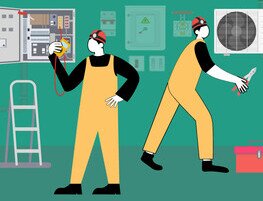Recommendation
Training Needs
- Vehicle Servicing (Technologist) -
1st
Vehicle Mechanic (ICE)
2nd
Vehicle Electronics (ICE)
3rd
Diagnosis using computers
Training Needs
- Vehicle Servicing (Technician) -
1st
Vehicle Mechanic (ICE)
2nd
Vehicle Electronics (ICE)
3rd
Diagnosis using computers
Training Needs
- Vehicle Servicing (Craftsman) -
1st
Vehicle Mechanic (ICE)
2nd
Safety for vehicle servicing
3rd
Vehicle Electronics (ICE)
Training Needs
- Vehicle Servicing (Specific Services) -
1st
Vehicle Painting
2nd
Vehicle Body Repairing
3rd
Safety for vehicle servicing
Training Needs
- Auto/ Parts Retail (Managerial) -
1st
Selling skills
2nd
Customer service
3rd
English, Putonghua
Training Needs
- Auto/ Parts Retail (Supervisory) -
1st
Selling skills
2nd
Customer service
3rd
English, Putonghua
Training Needs
- Auto/ Parts Retail (Operative/ Clerical Support) -
1st
Selling skills
2nd
Customer service
3rd
Automotive Fundamentals
- Encourage apprentices to participate in the Best Apprentice Competition.
- Create an inclusive work environment with the participation of women, ethnic minority and individuals with diverse backgrounds.
- Make use of the Business-School Partnership Programme to promote the industry to secondary school students.
- Make use of government's subsidy schemes such as New Industrialisation and Technology Training Programme for staff training.
- Participate in the VTC Earn & Learn Scheme in order to recruit and retain more apprentices.
- Support Workplace Learning and Assessment by participating in the Pilot Incentive Scheme for Employers so as to provide trainees with training of practical skills in the workplace.
- Make use of the VPlus Engineering Subsidy Scheme to pursue higher qualifications in part-time mode.
- Embark a life-long learning journey throughout the career by attending skill upgrading courses, workshops, and seminars.
- Sit for relevant VTC trade tests to gain recognition of their trade competencies and fulfil the registration requirements of the Voluntary Registration Scheme for Vehicle Mechanics.
- Continue providing financial incentives, such as subsidies and tax credits, to promote the adoption of EVs.
- Encourage fleet electrification of electric commercial vehicles.
- Invest in the expansion of charging infrastructure throughout the city.
- Allocate resources and funding for research and development in the automobile industry, particularly in areas such as EV technology, autonomous driving, and connected car solutions.
- Ensure that regulations are conducive to the development and growth of the automobile industry while maintaining safety and environmental standards.
- Arrange public awareness campaigns to educate citizens about the benefits of new energy vehicles, sustainable transportation, and the role of the automobile industry in reducing carbon emissions.
- Provide students with industrial attachment opportunities during their studies in order to expose them to contemporary operations and practices in the automobile industry.
- Encourage industry professionals to participate in guest lectures, workshops, and mentoring programmes to bridge the gap between the academia and industry.
- Provide different levels of pre-employment training programmes from which students with varying academic achievements can pick.
- Upskill automobile industry practitioners by providing trainees with learning opportunities, including bite-sized ones, to satisfy various learning goals and in turn would support business growth of organisations.




